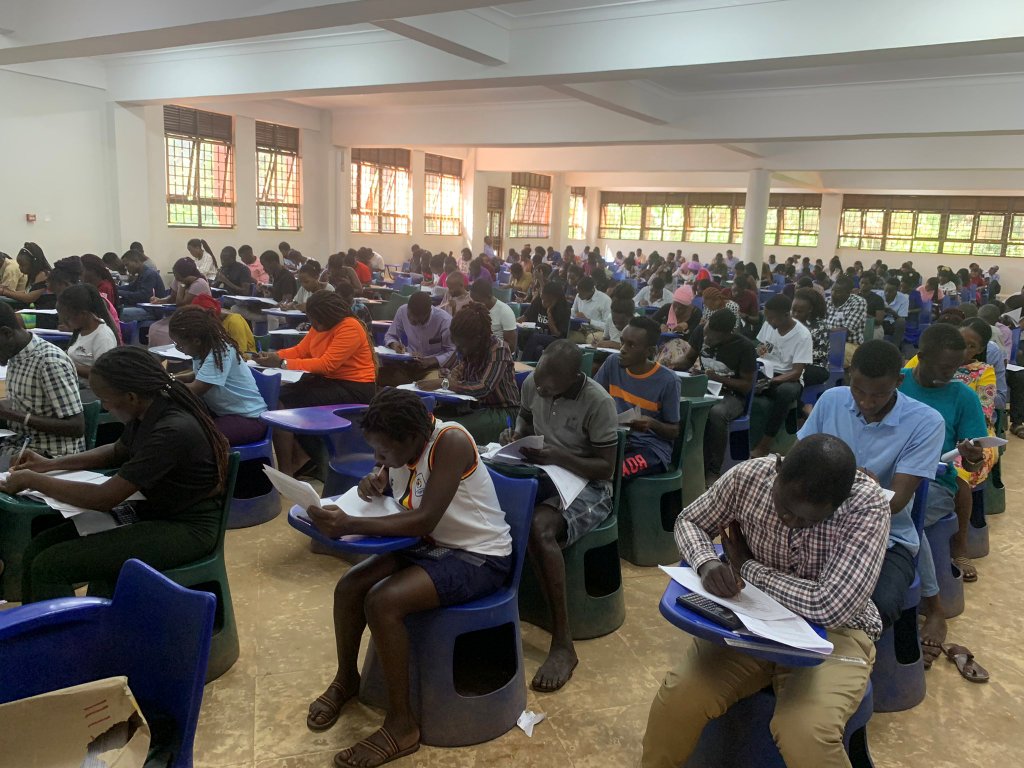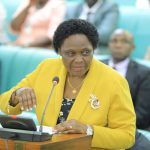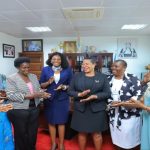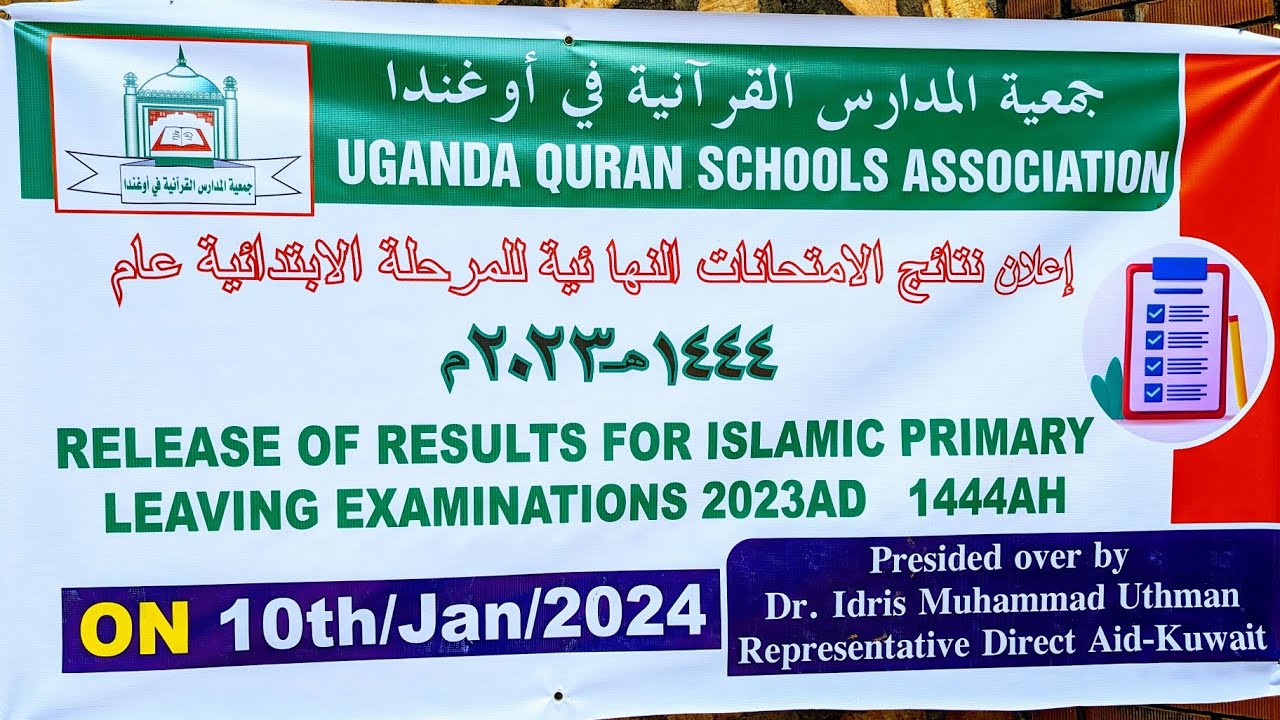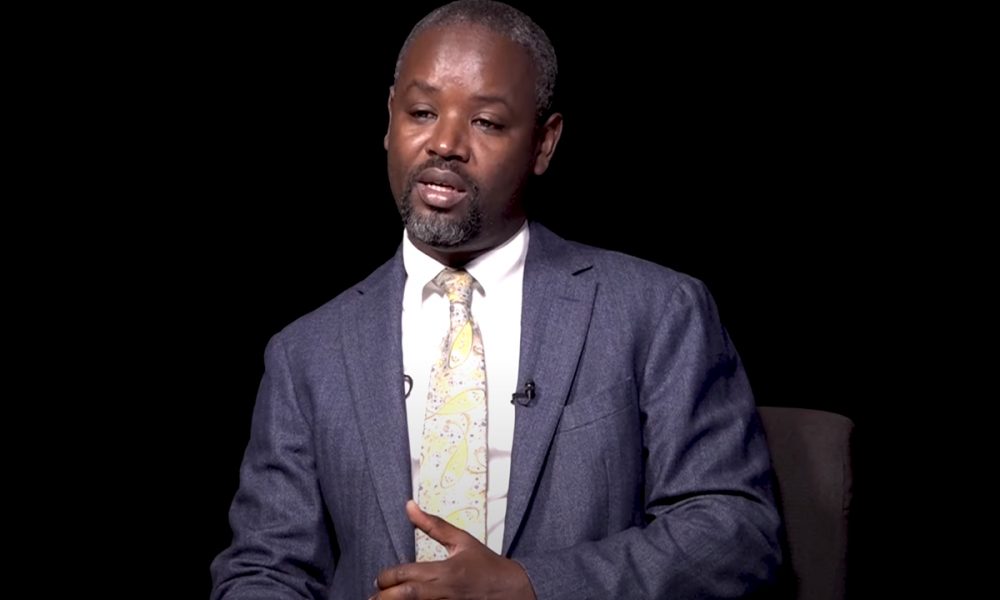(Kampala) – The Speaker of Parliament, Anita Among, has urged the Ministry of Education and Sports to address the issue of unpaid salaries for part-time lecturers at Kyambogo University. The call comes amid reports that lecturers have withheld academic results for over 500 students due to non-payment.
During a plenary session on Wednesday, October 23, 2024, Soroti West Division Member of Parliament, Hon. Jonathan Ebwalu, raised concerns that students at the university’s Soroti Study Centre have been affected by the ongoing salary delays. He emphasized that the lecturers, who have not been paid for their work, are withholding the results, impacting the academic progress of hundreds of students. “The university has held results of over 500 students because the lecturers have not been paid. The Minister for Education and Sports should bring a statement to Parliament on why the results of these students have been held up to now,” Ebwalu said.
Ebwalu also presented a list of the affected students to the House, highlighting the scale of the issue.
The non-payment of part-time teaching staff was first brought to Parliament’s attention by Workers MP, Hon. Margaret Rwabushaija, in a session held on September 17, 2024. She called for the formation of an ad-hoc parliamentary committee to investigate the salary arrears owed to part-time lecturers at Kyambogo University. Rwabushaija informed the House that the university was facing a deficit of Shs6 billion in unpaid salaries.
In response, the State Minister for Education and Sports (Primary Education), Hon. Joyce Moriku, assured Parliament that steps were being taken to resolve the issue. She explained that the Ministry of Education had already met with the Vice-Chancellor of Kyambogo University, the Ministry of Finance, and other relevant stakeholders. “I undertake to get to the root cause of this, solve it, and bring feedback to Parliament,” Moriku promised.
In a related matter, the National Curriculum Development Centre (NCDC) is reviewing the proposed new A-Level curriculum, which will be implemented when the first cohort of learners progresses to senior five in 2025. The new curriculum is designed to align with the ongoing competency-based and learner-centered approach introduced in lower secondary education.
Moriku explained that the first group of students under this new system is currently sitting for their senior four final exams. The Ministry has put measures in place to bridge gaps in the A-Level curriculum to ensure it aligns with the new lower secondary education model. “This current cohort will be oriented toward the competency-based curriculum on joining senior five,” the Minister added.
Additionally, the Uganda National Examinations Board has trained 15 teachers from both government and private schools to assess students based on classroom work, projects, and practical skills. The Ministry also plans to continue supporting teachers with ongoing training, including online resources and the development of low-cost, non-textbook teaching materials.

